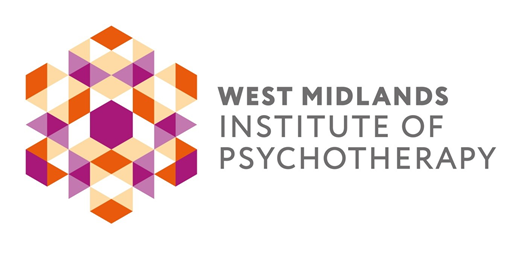Psychoanalytic Therapy: Unveiling the Depths of the Unconscious
Welcome to the world of psychoanalytic therapy, where the mysteries of the unconscious mind are explored, and the roots of psychological distress are unearthed. Psychoanalytic therapy is a profound and transformative approach to understanding and resolving emotional struggles, rooted in the pioneering work of Sigmund Freud and further developed by subsequent theorists and practitioners.
What is Psychoanalytic Therapy?
Psychoanalytic therapy is a form of depth psychology that aims to explore the unconscious processes underlying a person’s thoughts, emotions, and behaviours. Drawing on Freud’s ground-breaking theories of the unconscious, psychoanalytic therapists work collaboratively with clients to delve into their unconscious conflicts, desires, and defence mechanisms, illuminating the hidden forces that shape their lives.
Key Principles of Psychoanalytic Therapy:
-
Unconscious Processes: Psychoanalytic therapy posits that much of human behaviour is driven by unconscious forces, including repressed memories, desires, and unresolved conflicts. By bringing these hidden dynamics into conscious awareness, clients can gain insight into the root causes of their psychological distress.
-
Exploration of Childhood Experiences: Psychoanalytic therapy places a strong emphasis on the role of early childhood experiences in shaping adult personality and behaviour. Therapists help clients explore their past relationships, attachments, and traumas, uncovering how these early experiences continue to influence their present-day struggles.
-
The Therapeutic Relationship: Central to psychoanalytic therapy is the therapeutic relationship, characterized by empathy, trust, and non-judgmental acceptance. Through the therapeutic alliance, clients feel safe to explore sensitive issues and express their deepest thoughts and feelings.
-
Interpretation and Insight: Psychoanalytic therapists use interpretation to help clients gain insight into their unconscious motivations and patterns of behaviour. By making connections between past experiences and present symptoms, clients can develop a deeper understanding of themselves and their relationships.
-
Long-Term Process: Psychoanalytic therapy is often a long-term process, as it involves exploring deep-seated patterns and resolving complex psychological conflicts. Through regular sessions over an extended period, clients can achieve lasting transformation and emotional growth.
Benefits of Psychoanalytic Therapy:
- Increased self-awareness and insight
- Resolution of longstanding emotional struggles and conflicts
- Improved interpersonal relationships and communication skills
- Enhanced coping mechanisms and emotional resilience
- Greater self-acceptance and personal fulfilment
Begin Your Journey of Self-Discovery Today!
Are you ready to embark on a journey of self-discovery and psychological healing? Explore the transformative power of psychoanalytic therapy and discover how it can help you uncover the hidden depths of your unconscious mind.
Contact us to learn more about psychoanalytic therapy, find a qualified therapist in your area, and take the first step toward a more fulfilling and authentic life. Together, we can unveil the mysteries of the unconscious and unlock your true potential for growth and self-realization.

